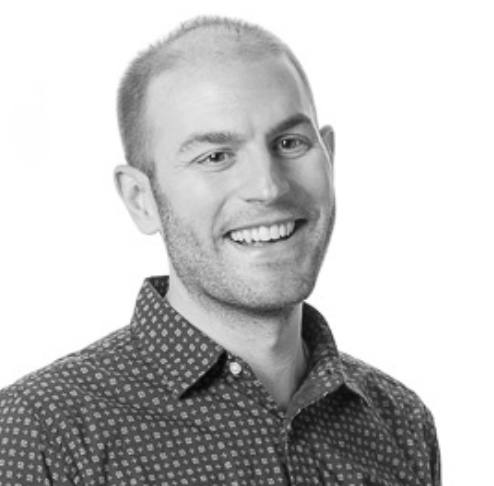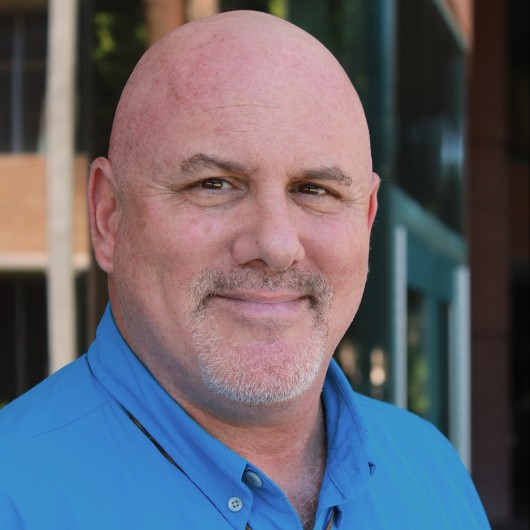New Tools for Science Policy
Innovation in Higher Education – Africa’s Turn
For policymakers in developing countries, university-level education remains a lower priority, but emerging trends suggest wider participation by the children of middle classes and reduced reliance on top-down models of learning.
About the Seminar
April 29, 2016 8:30am—10:30am
All over the industrialized world, university education is undergoing long-anticipated change. Universities, in Europe and especially North America, are emphasizing more learning through real-world experience, interdisciplinary studies, integrated teaching and research, social media, and online courses. For policymakers in developing countries, university-level education remains a lower priority, but emerging trends suggest wider participation by the children of middle classes and reduced reliance on top-down models of learning. Increasingly, the best and brightest of developing countries view university degrees as the new normal, and star students seek to balance mastery of established fields of disciplinary knowledge with an advanced education in interdisciplinarity, creativity, and entrepreneurship. In an unexpected turn, these trends are growing in visibility and significance in sub-Saharan Africa.
Drawing on parallel studies of public and private universities in Uganda and Kenya, Matthew Harsh (Concordia) and Gregg Pascal Zachary (Arizona State) present preliminary findings on innovations in higher education that augur well for workforce development, economic growth, and directing knowledge workers towards the pursuit of unmet societal goals, as well as rewarding individual careers. Harsh and Zachary pay special attention to the emergence of university-based studies in computer science at undergraduate and graduate levels. Dramatic growth in CS graduates in both countries since 2000 reflects demographic trends: widening access to universities for both men and women, as well as a move away from traditional professions and disciplines towards applied and theoretical studies in computing, information technology, and communications. Harsh and Zachary will provide a survey of what’s working and what isn’t in two East African countries where enrollments are growing rapidly and where economies are absorbing talented, well-educated graduates at rates without historical precedent for the region.
Location Information
ASU Washington Center
1834 Connecticut Ave NW
Washington, DC 20009
Speakers
Seminar Video
Past Series
-
October 03, 2024 3:30pm
Carbon Removal Social [Science]
Holly Buck, Sara Nawaz, Rory Jacobson, Marcela Mulholland, Amanda Borth
-
December 15, 2023 9:00am
Responsible Artificial Intelligence: Policy Pathways to a Positive AI Future
Andrew Maynard
-
November 17, 2023 9:00am
“Unacceptable Costs”: Managing for biological invasions and climate risks in the US Pacific Islands
Laura Brewington
-
October 30, 2023 9:00am
Patent Data & Publicly-Funded Research: Applications, Benefits, & Misuse
Bhaven N. Sampat
-
April 05, 2023 9:00am
Quantity over Quality: How to Solve Electric Vehicle Charging Infrastructure
Ryan Cornell
-
March 29, 2023 9:00am
How Complexity Science Can Guide Urban Transformations
Bastian Alm, Shade Shutters
-
February 02, 2023 9:00am
Making Research Matter for Policy
Robert M Cook-Deegan
-
October 07, 2022 9:00am
Creating Justice, Trust, and Inclusivity in Climate Policymaking
Kaiping Chen
-
March 21, 2022 9:00am
Framing Our Biological Futures
Cynthia Selin, Christopher Scott, David Tomblin, Janine Myszka , Lauren Lambert, Haley Manley, Dorit Barlevy

